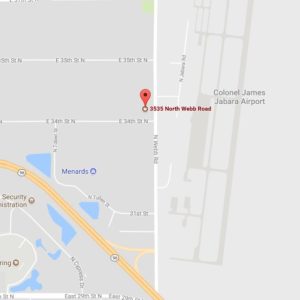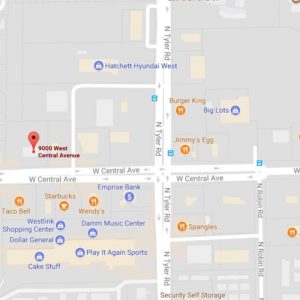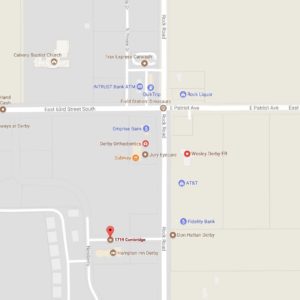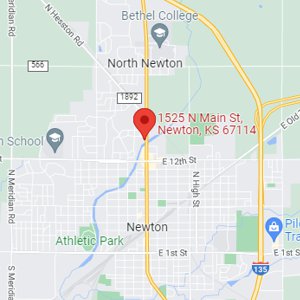Interveiw, September 19, 2014

He suggested I had anxiety, but when I didn’t get any better, he sent me to a pulmonary doctor. I took some tests, including blood oxygen and a chest X-ray.
The pulmonologist also gave me a sleep test. He said he thought I had sleep apnea and needed to learn how to breathe. I tried the sleep apnea machine (CPAP). It didn’t work. I just couldn’t sleep with it on.
Then for a couple of nights I took a sleep aid medication. One night I came home from work and was so bloated my shoes and pants didn’t fit. I knew something was really wrong when I gained 20 pounds in two days.
My wife and I went to my brother’s house for a birthday party. His wife, Mary, is a nurse, and her friend is Lorette, the nurse who works for Dr. Assem Farhat. Mary said I needed to see a cardiologist because of the symptoms I was having.
I went to Dr. Farhat, and they did an EKG. When they noticed some strange things I was set up for a heart cath. My wife got scared when they told her to make sure I didn’t overdo myself while waiting for the test. It showed my heart’s ejection fraction (EF) was between 14 and 15 percent. Normal is above 50 percent. I was diagnosed with Cardiomyopathy, thought to be caused by a virus.
They didn’t let me go home. I had low blood pressure, and they wanted to start me on a medicine that would lower it even more. They wanted to keep an eye on me.
That evening Dr. Farhat also had Dr. Fischer from the heart transplant clinic visit me. Dr. Fischer did not think they could repair my heart. He told me “to plan for the worst and hope for the best.” He feared I would not be able to get my EF above 33 percent, tops.
It was frightening to me to know that I needed to essentially wait for a heart. Dr. Farhat wasn’t even sure I should keep my job in the auto body shop.
When he started me on the medications, he also talked to me about my eating habits. I followed his instructions, and things started to turn around quick. I came in regularly for echocardiograms; the medicines were working. My last echocardiogram was above 50 percent. I went from taking five medicines to almost nothing.
A month after that last checkup my wife and I went to Beaver Lake with the kids. We stopped at the waterpark in Branson. I always thought the warning about the 88 steps to the top of the ride was neat. By following Dr. Farhat’s instructions, I was able to run up those steps that day. Before I could hardly walk up stairs.
For the past 10 years, by changing my lifestyle, I have been able to keep my EF above 50 percent. I have a checkup every 6 months and an echocardiogram once a year.
People need to know that changing your eating habits and being smart about life can make it easier. Every time I have an appointment with Dr. Farhat I tell him I am really glad he is on my side. He is just a real person, and he tells you exactly what you need to know.
I am still working in the auto body industry, and I have never felt better.






